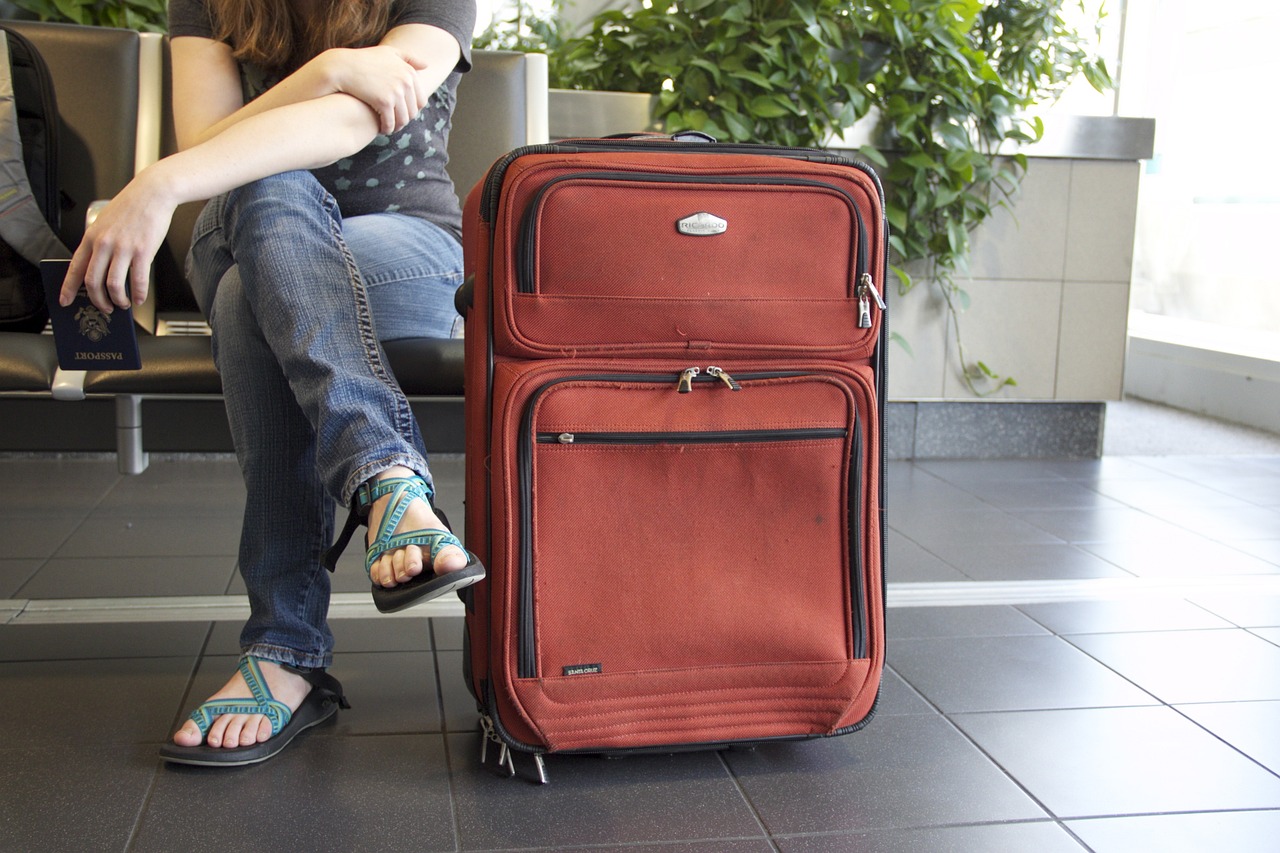 Last week anxious travelers watched as WestJet mechanics negotiated on a tentative deal. It resulted in 1,078 flights being canceled and over 100,000 frustrated customers stranded in cities across Canada.
Last week anxious travelers watched as WestJet mechanics negotiated on a tentative deal. It resulted in 1,078 flights being canceled and over 100,000 frustrated customers stranded in cities across Canada.
Have you ever experienced airport anxiety? We all know it’s part of the travel experience to have flights canceled or changed but not everyone understands the challenge it presents for those dealing with Traumatic Brain Injury, physical limitations, hearing or sight impairment and the list goes on!
We are at the height of travel season. Planning to visit family and friends is exciting and terrifying all at the same time. Careful planning will certainly make for a more enjoyable vacation. We can organize our personal belongings but we can’t organize what experience awaits us at the airport, train or bus station.
Reflecting back on my own experience of travel post injury, I was not as prepared as I should be. I had packed my medications and a letter from my doctor in my suitcase. Imagine my shock and surprise when I walked through the metal detector and it went off like a fire alarm! Of course it would – I had a metal plate in my leg. I should have had that medical information in my carry on but no, it was in my suitcase. The stress and embarrassment caused me to lose focus, my speech was not good anyways and I could hardly put two words together. My travel companions came to my rescue. Thankfully, since that time, there have been a number of valuable tools introduced to assist us in our travels.
Air Canada was the first air carrier to introduce the Hidden Disabilities Sunflower. This is a globally recognized program that employs the use of a discreet sunflower symbol to identify customers with non-visible disabilities. By choosing to wear the Sunflower Lanyard Air Canada customers can indicate to airline staff that they may require additional assistance, have specific needs or simply require more time while travelling. The lanyard is available at check-in counters at Hidden Disability Sunflower airports in Canada and on board all flights operated by Air Canada.
A new addition to travel aids is The MagnusCards. This app is a modern twist presenting collectible Card Decks with visual, audio and text step-by-step instructions for home and community living. Each Card Deck is co-created with Inclusion Partners including transit, airports and more! TTC MagnusCards are available in the Travel category of MagnusCards
Ebus offers The Attendant program. If you are needing to travel with the assistance of another person this is also a helpful option. Once you have confirmed your travel schedule, you can access The Attendant form online. Be sure to fill it in ahead of time.
We’ve made great strides forward in being able to travel with independence and inclusion. I’ve mentioned only a few helpful resources in this article but there are certainly many more. Wherever you’re headed this summer, pack your bags with confidence and enjoy connecting with family and friends.
LINKS:


